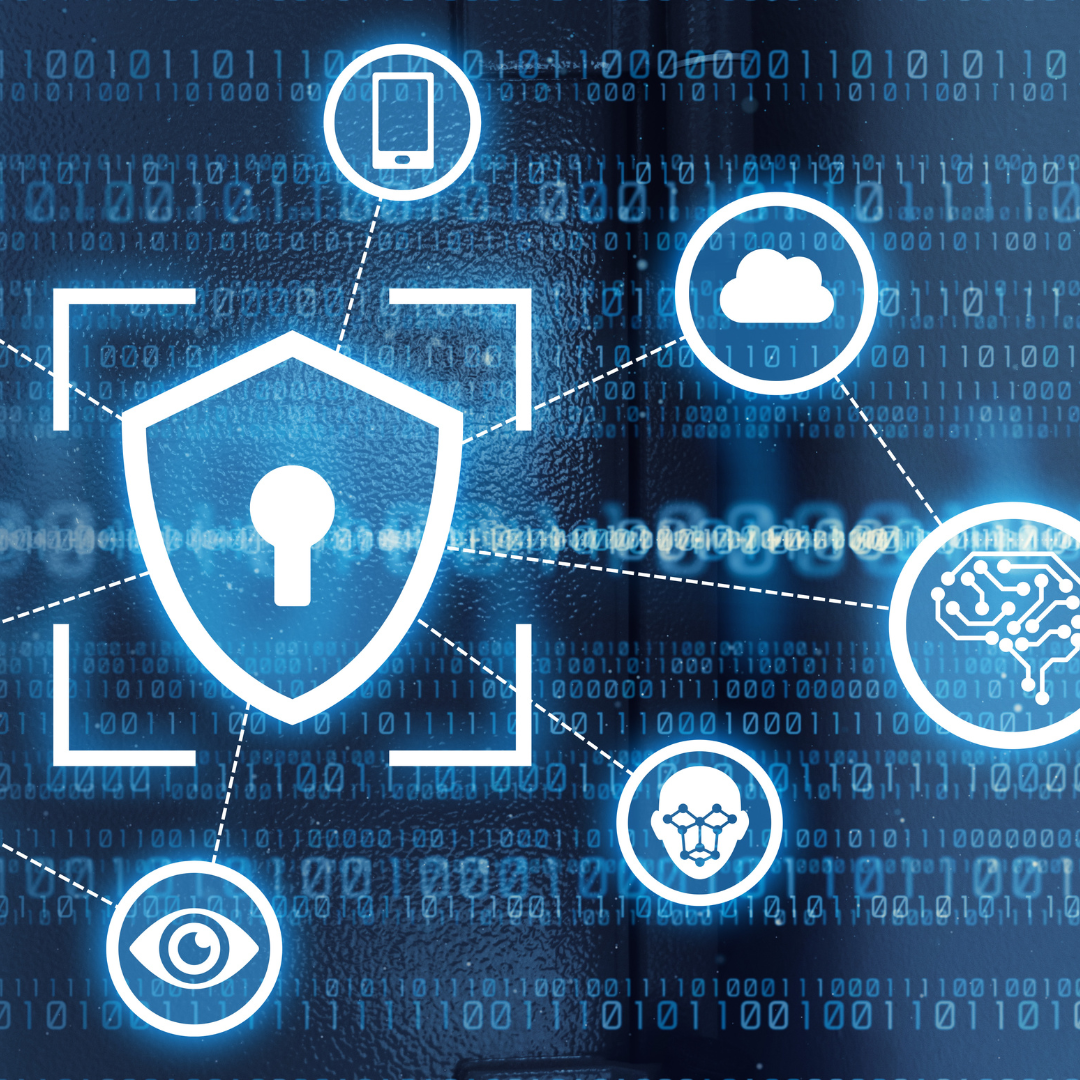Security in government contracts isn’t something that runs on trust alone. When companies handle sensitive federal data, especially in defense projects, a higher level of scrutiny becomes necessary. That’s where third-party CMMC assessments come in—they’re not just boxes to check but steps to ensure protection, precision, and accountability.
Independent Verification Enhances CMMC Level 2 Credibility
CMMC Level 2 requirements apply to companies working with Controlled Unclassified Information (CUI), which means the stakes are higher. Unlike CMMC Level 1 requirements, which allow self-assessments, Level 2 demands more trust—something self-attestation just can’t offer. That’s why outside verification becomes a central part of the process. It removes internal assumptions and ensures that what’s documented matches what’s really happening behind the scenes.
An independent third-party CMMC assessment verifies whether a company has implemented and is actively maintaining required cybersecurity controls. This adds legitimacy to the certification process and assures the Department of Defense that proper measures are in place. Independent assessors bring structure, standardization, and consistency to evaluations, which is why they’re required under certain CMMC compliance requirements for high-value contracts. Without them, confidence in a contractor’s security posture would be incomplete.
Ensuring Objective Compliance in High-Stakes Defense Contracts
In government contracting, neutrality is everything. With defense-related work, any hint of bias in meeting CMMC Level 2 requirements can undermine trust and delay contract awards. That’s why relying solely on internal teams or consultants with close ties to the organization is discouraged. Objective compliance assessments help confirm that cybersecurity practices aren’t just claimed—they’re proven and actively in place.
A third-party CMMC assessment removes assumptions and introduces structure into compliance reporting. These audits verify that contractors meet every part of the CMMC requirements with real-world application, not just policy on paper. For higher-stakes contracts, especially those tied to sensitive data or national defense, this third-party verification builds a level of assurance that no internal report ever could. It’s the difference between saying you’re ready and proving it.
Neutral Third Parties Mitigate Cybersecurity Certification Bias
Bias doesn’t always mean bad intentions—it can happen simply because someone is too close to the process. Internal compliance teams might overlook issues they’ve seen a hundred times or assume that “close enough” will pass. But with CMMC Level 2 requirements, there’s no room for guesswork. Independent assessors step in to catch blind spots and remove any perception of favoritism or shortcuts.
By using neutral third parties, organizations gain a fresh set of eyes that are trained specifically to test against defined CMMC compliance requirements. These assessors follow a standard methodology that keeps evaluations focused and fair. Their job isn’t to point fingers—it’s to make sure every box is genuinely checked, every policy matches the practice, and that systems hold up under scrutiny. The result is a clear and accurate picture of an organization’s readiness.
Preventing Conflicts of Interest Through External Validation
When companies try to self-validate their cybersecurity posture for contracts involving CUI, conflicts of interest are almost inevitable. The team responsible for maintaining controls may also be writing the reports claiming they’re compliant. That overlap creates a blurry line that can weaken the integrity of the CMMC assessment process. Level 2 contracts aim to avoid this risk entirely.
Third-party assessors bring external validation that is unbiased and untangled from internal politics or budget constraints. Their findings carry more weight because they’re independent. This separation helps prevent inflated claims of readiness or overlooked vulnerabilities. It ensures that every part of the CMMC Level 2 requirements has been reviewed by someone with no stake in the outcome—just a focus on getting it right.
Strengthening Defense Supply Chain Integrity With Verified Assessments
One weak link can disrupt the entire supply chain—especially in the defense sector, where security expectations are strict. CMMC requirements were designed to create a standardized model for strengthening cybersecurity across all tiers of contractors. But without verified assessments, there’s no guarantee that each company in the chain is pulling its weight.
Third-party assessments help lock down gaps before they become risks. Every contractor, whether primary or subcontractor, has to meet the same standards. By requiring verified assessments for CMMC Level 2 contracts, the Department of Defense reduces the chances of security breakdowns caused by inconsistencies in implementation. It’s a safety net that ensures every part of the supply chain meets the same level of preparedness and reliability.
Reducing Government Risk Exposure Through Rigorous Third-Party Audits
Every contract issued by the government comes with some level of risk. When sensitive data is involved, that risk rises fast. Third-party audits help reduce the government’s exposure by ensuring that only capable, properly vetted contractors are trusted with CUI. CMMC assessments are more than formalities—they’re barriers that prevent unqualified companies from slipping through.
These audits aren’t just about pass or fail—they help uncover gaps, clarify misunderstood controls, and improve cybersecurity posture. With the added insight from a certified third-party, companies can address problems early and demonstrate their commitment to safeguarding information. The government benefits too, knowing that contractors holding CMMC Level 2 certifications have undergone strict, transparent assessments and truly meet the expected standards.
